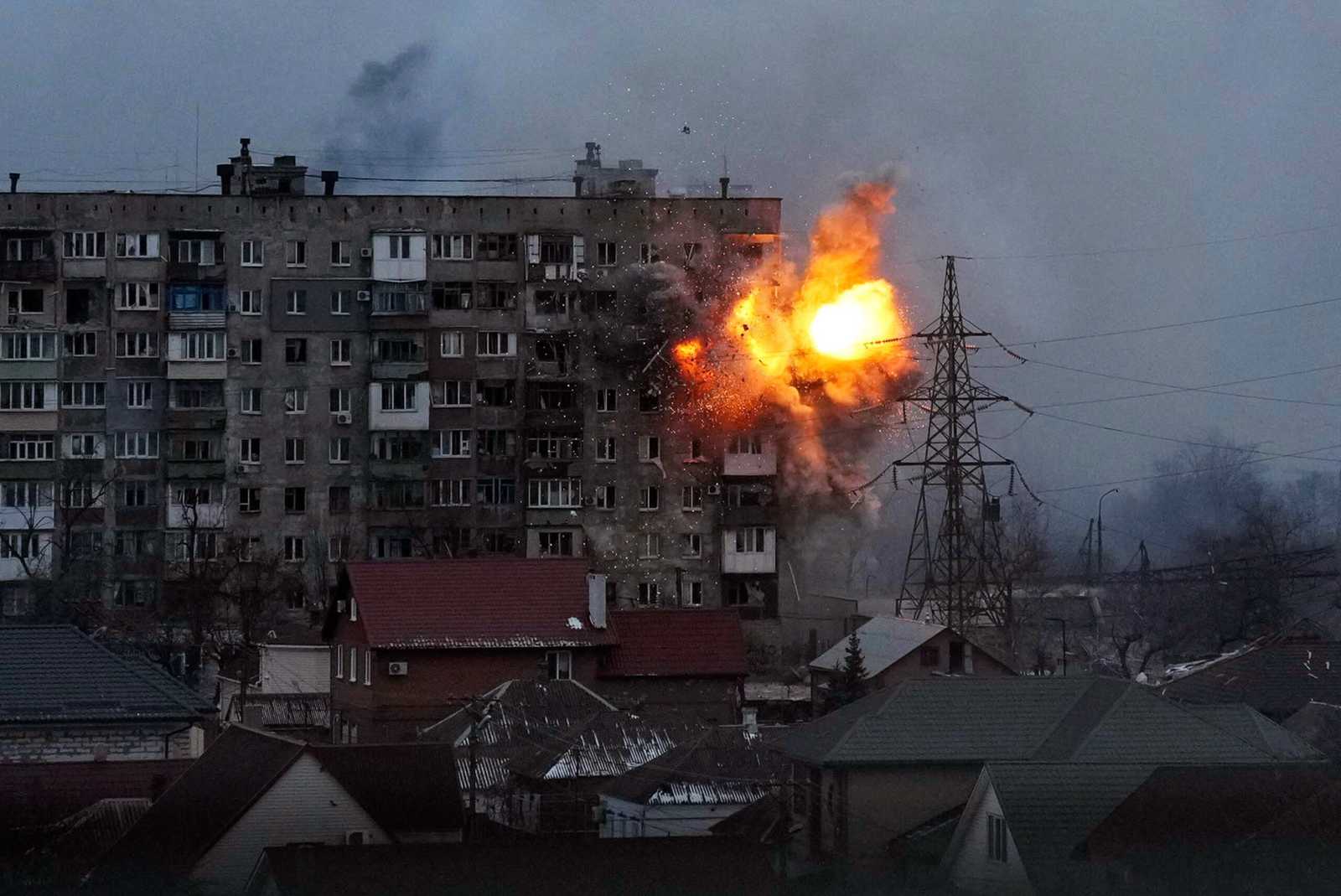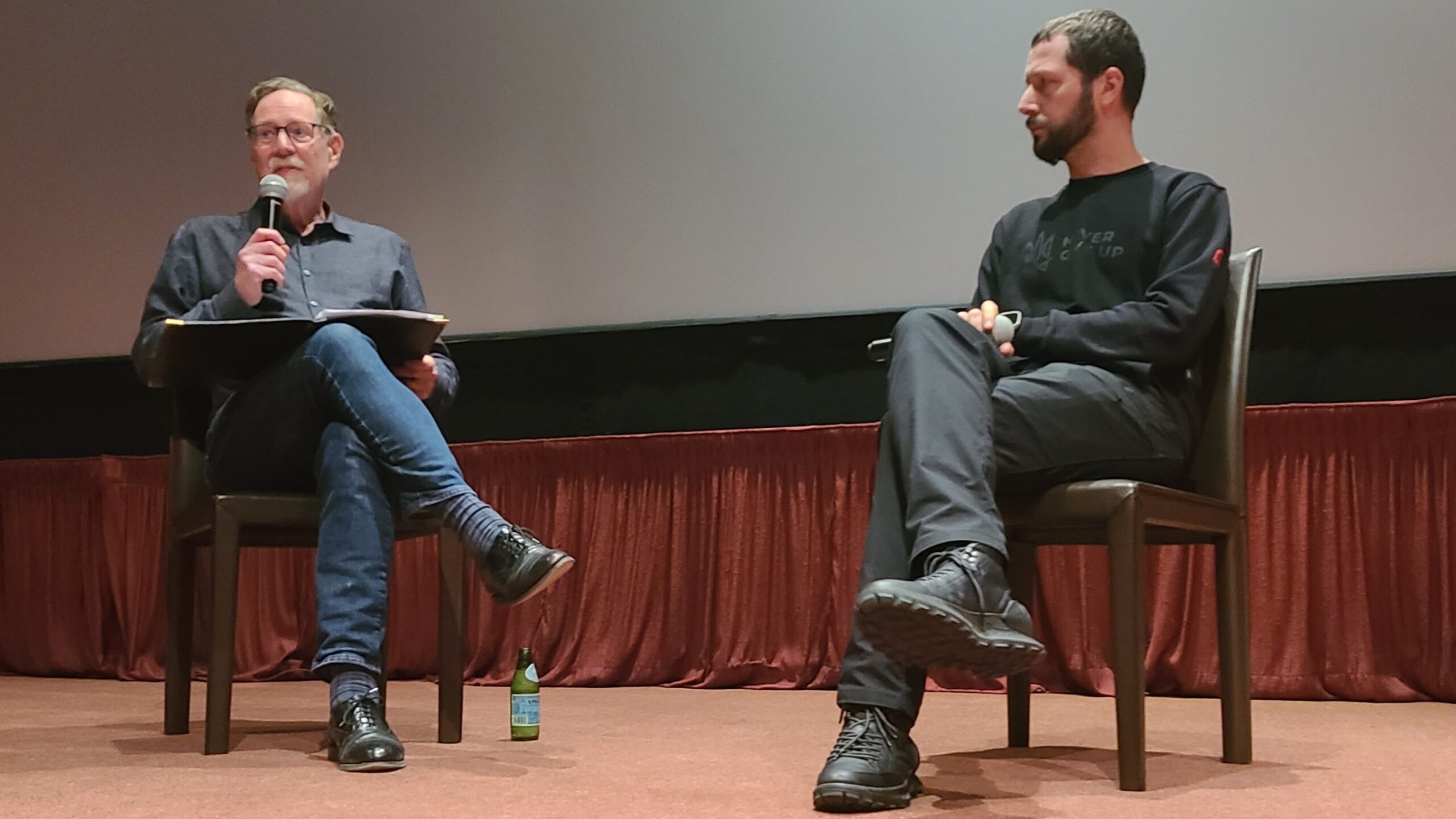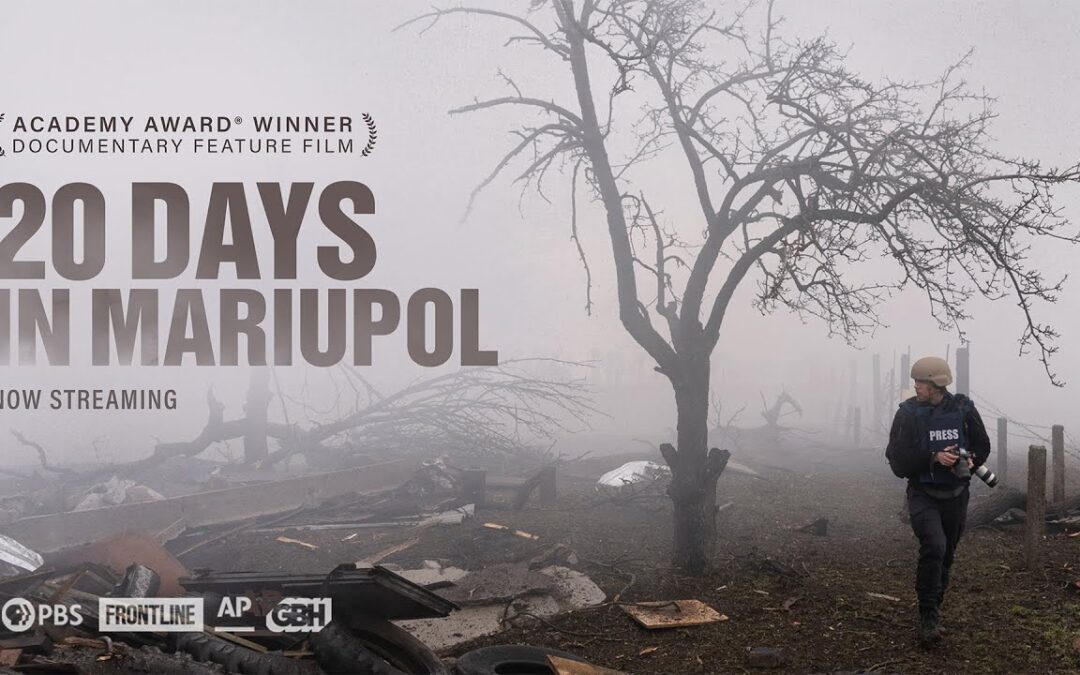
When watching the evening news every night on television with its almost repetitive nature of headlines covering yet another senseless mass killing somewhere in the U.S, I often hear criticism from others claiming there is hardly any media coverage in other parts of the world whose acts are even more tragic and horrific.
This is true, especially in those countries that do not represent human rights and whose brutal leaders do not want the “truth” to be exposed, especially when they are hiding possible war crimes. Such is the case in Ukraine, with the Russian invasion of the city of Mariupol.
The public takes it for granted that media covers just about everything with the utmost detail in the free world, but in reality, they have very little knowledge of what types of obstacles that journalists are up against in many corners of the world. Media certainly has its limitations with communications and can possibly spread misinformation or even disinformation that follows a propaganda agenda.
This is why director Mstyslav Chernov made “20 Days of Mariupol”.
“20 Days of Mariupol” is one of those rare films that shows the challenges that war-journalists have to face. Chernov, who also produced and shot the film, gives us a humanistic, yet non-sympathetic first person perspective of the ongoing crisis span during the first twenty days of the Russia-Ukraine war that your nightly news cannot possibly summarize, even if they had all of the footage sent to them on a timely basis each night for the broadcast.
Chernov had forty minutes of his footage published on television, but still had a good thirty hours of unused footage that would be used for the source of his documentary, which won the Audience Award for World Cinema Documentary at the Sundance Film Festival nearly a year ago.
“I wanted to do more with that because the scale was so huge and you can’t really show that with news pieces”, Chernov continues, “We live in age of not just misinformation but misinterpretation…to persist that misinterpretation we need much more context for better understanding in the audience.”
“That’s where documentary films are becoming to be so important that they they give more than just one or two minute news pieces which can be overwhelming, but still you see them and you forget”, Cerno explained. “I kept meeting people who escaped from Mariupol who carried this city within them, but the city was did not exist anymore, so the city was just there in in their hearts. Making this film was also a way to to preserve it as it was being bombed and destroyed, but still existed. It was the way to preserve Mariupol in history, as well”.
directed, produced and filmed by MSTYSLAV CHERNOV. Courtesy of PBS
Along with Chernov, the film documents his AP (Associated Press) team of Ukrainian journalists trapped in the besieged city of Mariupol as they struggle to continue their work documenting atrocities of the Russian invasion. As the only international reporters who remain in the city, they capture what later become defining images of the war: dying children, mass graves, the bombing of a maternity hospital, and more.
The film also draws on Chernov’s daily news dispatches and personal footage of his own country at war. It offers a vivid, harrowing account of civilians caught in the siege, as well as a window into what it’s like to report from a conflict zone, and the impact of such journalism around the globe.
Chernov also serves as the narrator of the film and in spite of its subject matter, he does so in a calm fashionable manner. This was done after he realized he was imposing his emotions to the audience on the first take. His team agreed that his narration should sound like he would in a normal conversation, regardless of what was on screen. His narration reminds me of how Werner Herzog would narrate as an effective storyteller in his films, and it worked extremely well for this documentary.
Chernov initially emerged in 2008 as a fine arts photographer shooting in as many as forty different countries and winning awards all around the world. In 2013, he became the President of the Ukrainian Association of Professional Photographers (UAPF) and eventually started documentary multi-format (photo/video/text) working in journalism for the Associated Press, as well as being a war correspondent covering international conflicts and novelist known for his coverage of the Revolution of Dignity, War in Donbas, the downing of flight MH17, Syrian civil war, and the Battle of Mosul in Iraq.
He recently received the Pulitzer Prize for his work, shared with Evgeniy Maloletka, Vasilisa Stepanenko, and Lori Hinnant, for the Ukraine coverage. In addition, “20 Days of Mariupol” had just been selected last week as one of the fifteen shortlisted films to be elgible for the Academy Award for Documentary Feature film, as well as being shortlisted for International Feature film representing the country of Ukraine.
Unlike most documentaries, it is free to stream and accessible to everyone on YouTube above. It is also available on the PBS app. and is also available on DVD. Regardless of its bleak nature, this is essential viewing for everyone.

